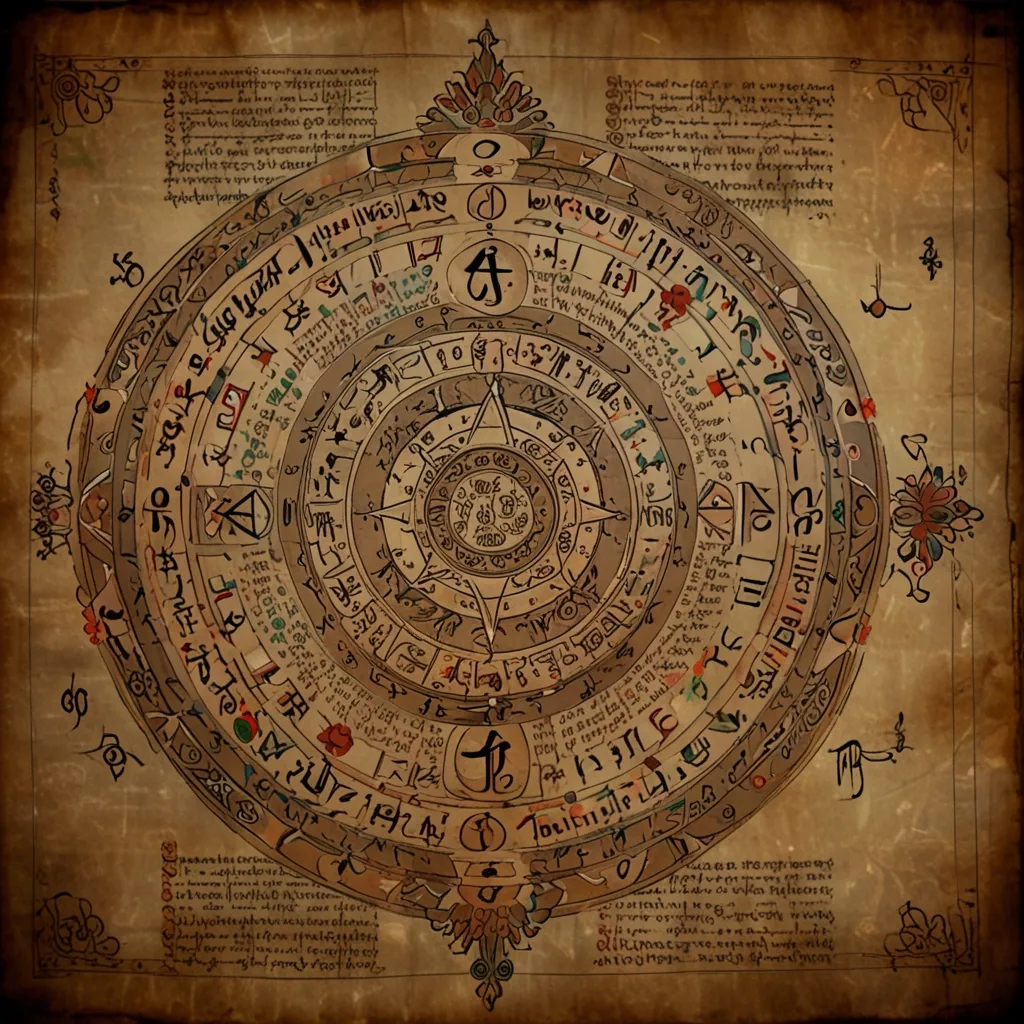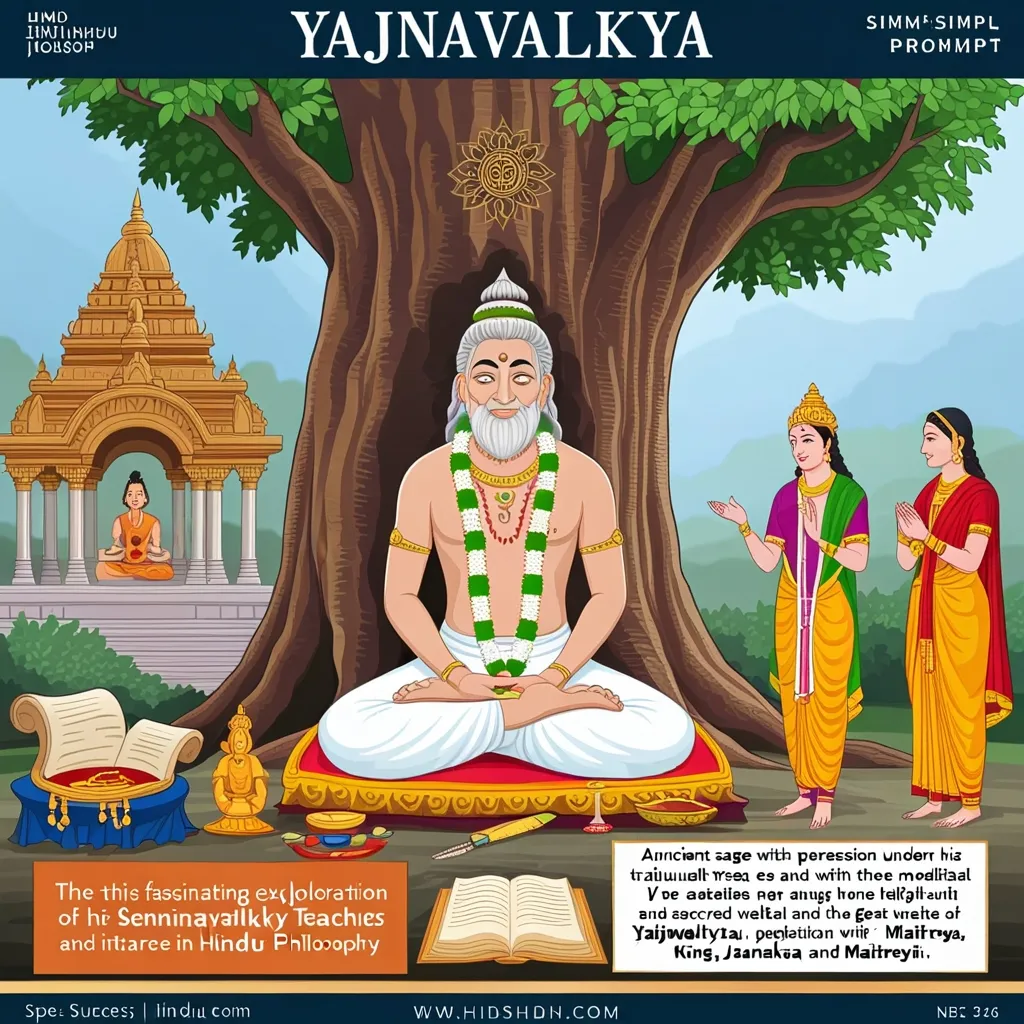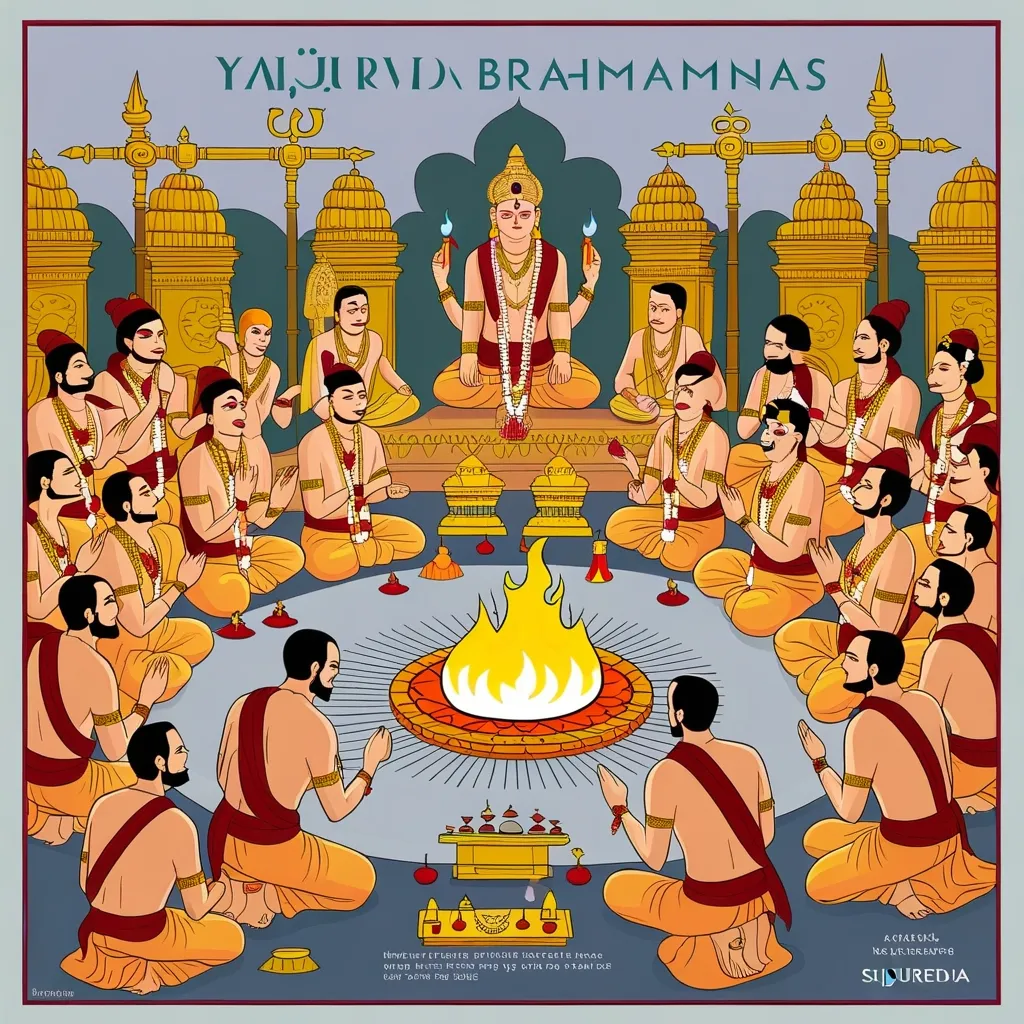The Vedas, these ancient texts, have been a foundational element of Hinduism for what feels like eons. Recognized as the oldest sacred texts on Earth, they’ve been doling out wisdom and guidance for countless generations. But how old are these venerable manuscripts?
The Vedas originated in ancient India, but pinpointing their exact age is like opening a can of worms. Some folks claim they date back 2 million years, while the more conservative estimates place their creation between 1500 and 1200 BCE. Initially, they weren’t written down. Instead, these texts made their way through time via an oral tradition, which played a crucial role in keeping their pronunciation and meaning spot on.
These aren’t just religious scriptures. The Vedas dive into a plethora of topics, spanning biology, physics, economics, and even botany. They contain advanced mathematical ideas for their time, including the concept of zero and the decimal system. Talk about ahead of their time!
One of the coolest things about the Vedas is their mysterious authorship. They are considered “authorless” or straight-up “superhuman.” The belief is that these texts were revealed to ancient sages, known as Rishis, while they were in deep meditation. These sages interpreted the sounds of nature as divine knowledge.
The Vedas were committed to memory and handed down through generations meticulously. Students would learn the texts from their masters, memorizing them forwards and backwards to make sure nothing got lost in translation. Even today, the Vedas are chanted with specific intonations and hand gestures, preserving their original form.
Take the Rig Veda, for example—the oldest of the bunch. Composed around 1500 BCE, it’s packed with 1,028 hymns and 10,600 verses addressing existential questions about the universe. The other Vedas—the Sama Veda, Yajur Veda, and Atharva Veda—came later but are just as significant in Hindu scripture.
Even when the Vedas were finally written down around 500 BCE, the oral versions still held the gold standard status. The written texts were more of a backup; the real deal was in the precise sounds and vibrations the sages originally heard.
In a nutshell, the Vedas are ancient, but their exact age is still debated. Estimated to be created between 1500 and 1200 BCE, these texts cover a range of fascinating topics and were carefully passed down orally through generations. Today, they remain a cornerstone of Hindu tradition, continuing to inspire and guide people across the globe.






